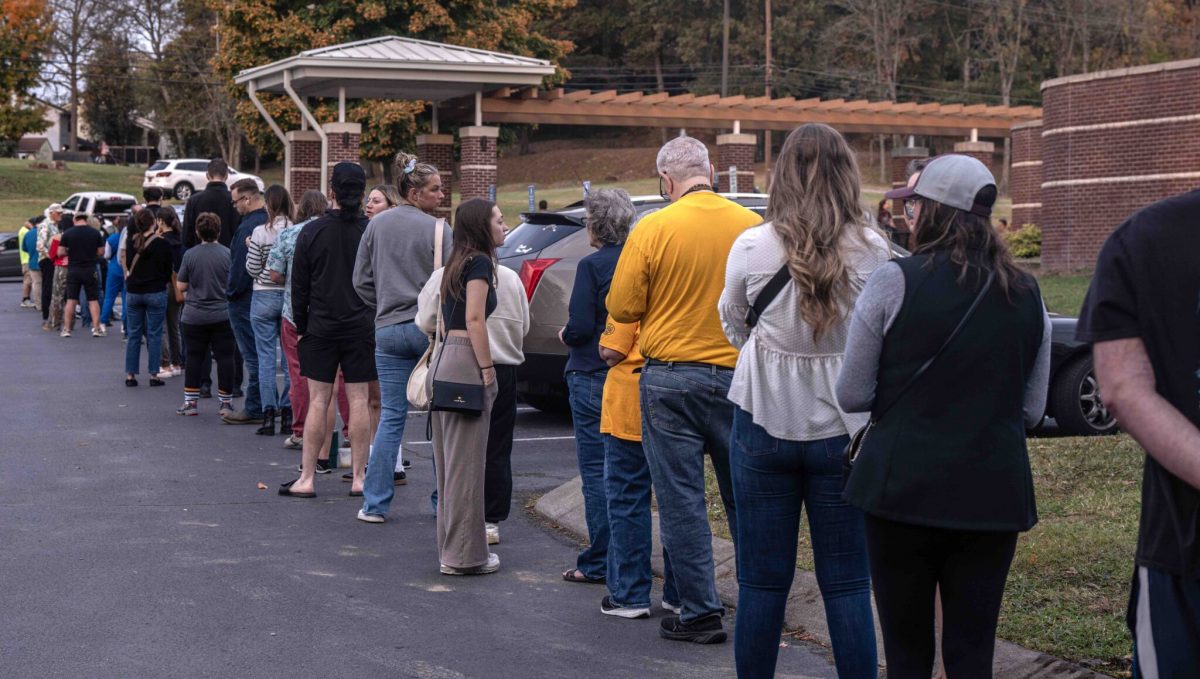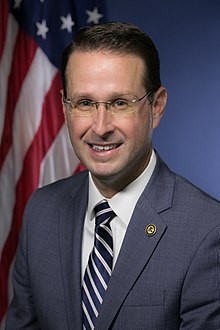A federal appeals panel on Tuesday heard arguments in a case to determine the future of Tennessee voter registration policies that — by some estimates — have disenfranchised half a million state residents with past felony convictions.
A class action lawsuit, filed in 2020 by the Tennessee State Conference of the NAACP and five voters, accuses state officials of establishing byzantine, inequitable, and onerous procedures that effectively prevent qualified voters with past convictions from casting a ballot in violation of the National Voter Registration Act (NVRA).
A federal judge in Nashville temporarily blocked the state rules in April, but the state successfully appealed to keep them in place ahead of the November 2024 elections while litigation continued.
On Tuesday, an attorney representing the Tennessee attorney general defended state voting right restoration rules before a three-judge panel of the 6th U.S. Circuit Court of Appeals as a lawful exercise of state power and argued the NAACP lacked the legal right to challenge the rules on behalf of voters.
Restoring voting rights after a felony is rare in Tennessee. This year, the process got harder.
“The NVRA ensures eligible applicants can register to vote but it also exists to protect the integrity of the election process,” said Philip Hammersley, assistant solicitor general. “Tennessee’s [restoration] policy furthers both aims by providing election officials what they need to distinguish between felons who are eligible to vote and those who are not.”
Hammersley focused much of the state’s arguments in disputing the NAACP had legal standing to file suit at all.
The Tennessee civil rights organization, Hammersley argued, was too “attenuated” — or removed from direct harm by state rules that apply to individuals seeking to restore their voting rights — to have standing to sue.
“NAACP would have to show [state] policy coerced or forced individuals to go to the NAACP and enlist their help, and that is simply not what is happening here,” Hammersley said. “There are many different voluntary steps that those individuals take before the NAACP gets involved.”
Danielle Lang, representing the NAACP, disagreed.
U.S. Appeals Court stops felon voter restoration change from going through
“Tennessee NAACP is in the business of registering voters,” she said. “It has been in the business of registering voters for all of its storied history, and it will continue to be in the business of registering voters regardless of Tennessee’s actions.
“And when you make it harder to register voters, you make it harder for groups that are in the business of registering voters,” said Lang, senior director of voting rights for the Campaign Legal Center.
Under state law, individuals who have completed their sentences for felony convictions have pathways to regain their voting rights.
They can either obtain a pardon from the governor or petition a judge. The process also requires proof that all court fines and fees have been paid. Fewer than 1 percent of applicants succeed in obtaining court relief and fewer than 3 percent obtain clemency.
In addition, applicants have to legally regain their ability to carry a weapon.
Overall, nearly 10 percent of the Tennessee electorate — 470,000 people — have lost their right to vote due to past felony convictions, including one in five Black residents of voting age.
Tennessee Lookout is part of States Newsroom, a nonprofit news network supported by grants and a coalition of donors as a 501c(3) public charity. Tennessee Lookout maintains editorial independence. Contact Editor Holly McCall for questions: info@tennesseelookout.com.


 Deadliest Catch/Facebook
Deadliest Catch/Facebook 